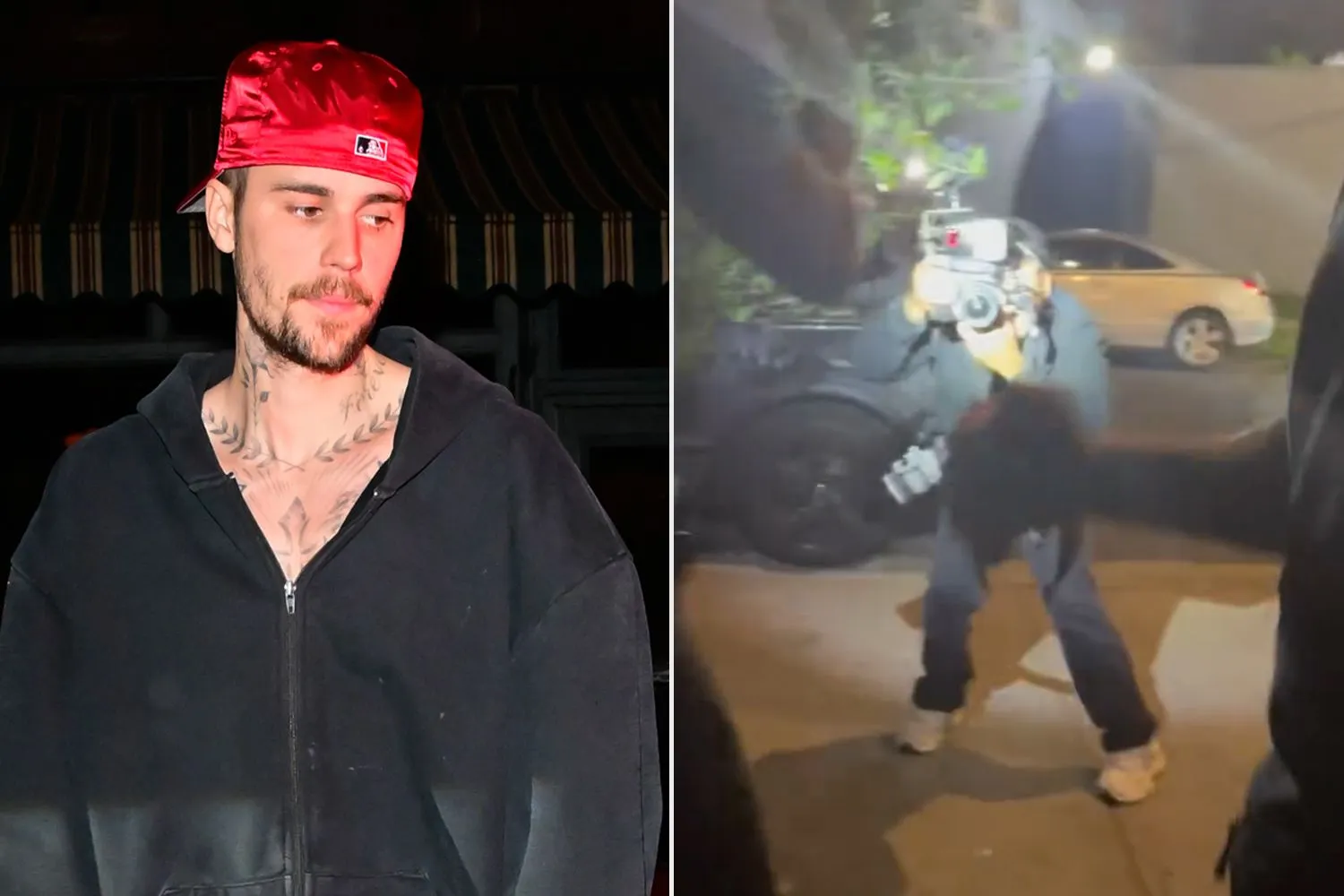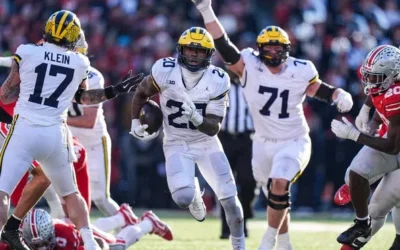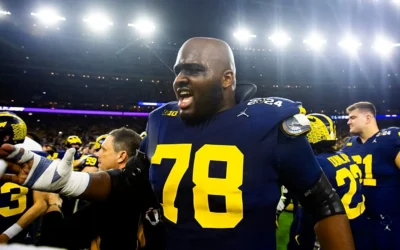In an emotional post on social media, pop icon Justin Bieber has taken a bold stance against the relentless scrutiny of paparazzi and the mounting pressure it places on his mental health and personal life. The singer’s candid remarks have sparked widespread attention and concern among fans and observers about the toll fame can take on mental well-being.
Known for his chart-topping hits and charismatic performances, Bieber has faced his fair share of controversies and personal struggles over the years. His latest plea comes at a time when many are rallying for greater awareness regarding mental health, particularly within the entertainment industry. As a highly visible figure, Bieber’s life has often felt like an open book, with every misstep and triumph chronicled by the media.
In his recent post, Bieber emphasized the invasive nature of paparazzi tactics, which he described as ‘disgusting’ and ‘overbearing.’ Using social media platforms like Instagram to communicate with his fans, he captured the mood of many who sympathize with his plight. ‘I am asking for you to stop,’ he wrote. ‘These photographers are not doing their jobs; they’re endangering my life and the lives of others. There has to be a line.’ His heartfelt message resonated with followers who have long criticized the paparazzi culture.
Bieber’s appeal comes in the wake of unsettling incidents involving intense paparazzi attention. Just recently, he was involved in a near-accident while leaving an event when a swarm of photographers surrounded his vehicle. Instances like these raise questions about the ethical boundaries of celebrity coverage and the potential dangers involved for all parties. Social media responses following his post overwhelmingly supported Bieber, with many users sharing similar experiences of feeling overwhelmed by public scrutiny.
Beyond the immediate concern for his safety, Bieber’s emotional plea touches on a larger narrative about mental health, particularly for those in the spotlight. The pressure to maintain a flawless public image often leads to tremendous stress and anxiety. For someone like Bieber, who’s been candid about his struggles with self-image, anxiety, and depression in the past, this latest outburst shines a light on the broader implications of fame.
Following his message, several fellow celebrities and influencers responded with support, sharing their own experiences of dealing with media intrusion. As discussions around mental health continue to evolve, the call for reforms in celebrity media practices has become more urgent. Advocates cite the need for greater responsibility from media outlets and photographers who prioritize sensationalism over the well-being of individuals.
In conjunction with addressing paparazzi culture, Bieber’s message alludes to the importance of privacy in relationships as well. He has been in the spotlight for years, particularly regarding his relationship with Hailey Baldwin, which has been a topic of fascination and scrutiny. Just last year, the couple celebrated their second wedding anniversary, but their journey together has been marred by invasive reporting and speculation about their personal life. Bieber’s statement about wanting to protect his relationship underscores a growing sentiment among public figures about the need for healthy boundaries.
In light of these developments, it’s worth reflecting on the implications for not just Bieber but for many celebrities navigating similar challenges. As society becomes more attuned to the struggles of mental health, there’s a greater need for understanding and empathy towards those who are public figures. Beyond the glamour of fame lies the stark reality that these individuals are also human beings with feelings, fears, and personal challenges.
Moreover, discussions triggered by Bieber’s statement challenge the notion of what it means to be a fan. Support from fans should transcend mere entertainment consumption; it should also carry a responsibility to advocate for the well-being of artists. Increasingly, there is a collective movement urging fans to become more vocal in their support of changes in how celebrities are treated by the media.
Bieber’s emotional plea has opened the floodgates for a larger conversation about privacy in the digital age. As internet culture continues to thrive and social media platforms dominate public interaction, the distinction between public and private life is becoming increasingly blurred. Celebrities often find themselves trapped in this in-between space, as their lives are continuously broadcasted on various platforms, inviting opinions, criticisms, and often negative scrutiny.
In response to the outpouring of concern from fans and celebrities alike, there are calls for stronger regulations regarding paparazzi practices. Proposals range from limiting the ability of photographers to capture images in certain contexts to creating legal protections for celebrities to secure a sense of privacy. This movement is rooted in the idea that while public figures should be held accountable for their actions, they should also be afforded a level of respect and discretion regarding their personal lives.
As the conversation continues, it remains to be seen whether industry-wide changes will take shape. Celebrities like Justin Bieber serve as important touchstones for discussions around mental health, privacy, and media ethics. His touching statement not only marks a critical point in his relationship with the paparazzi but also stands as a testament to the need for greater compassion and understanding in an age of relentless exposure.
Looking forward, Bieber’s journey symbolizes a pivotal moment in rethinking celebrity culture. His call for change echoes the sentiments of many who tirelessly advocate for greater respect for personal boundaries. As fans and the media reflect on these conversations, it may bring about a transformative shift in how we perceive and interact with those in the public eye.






